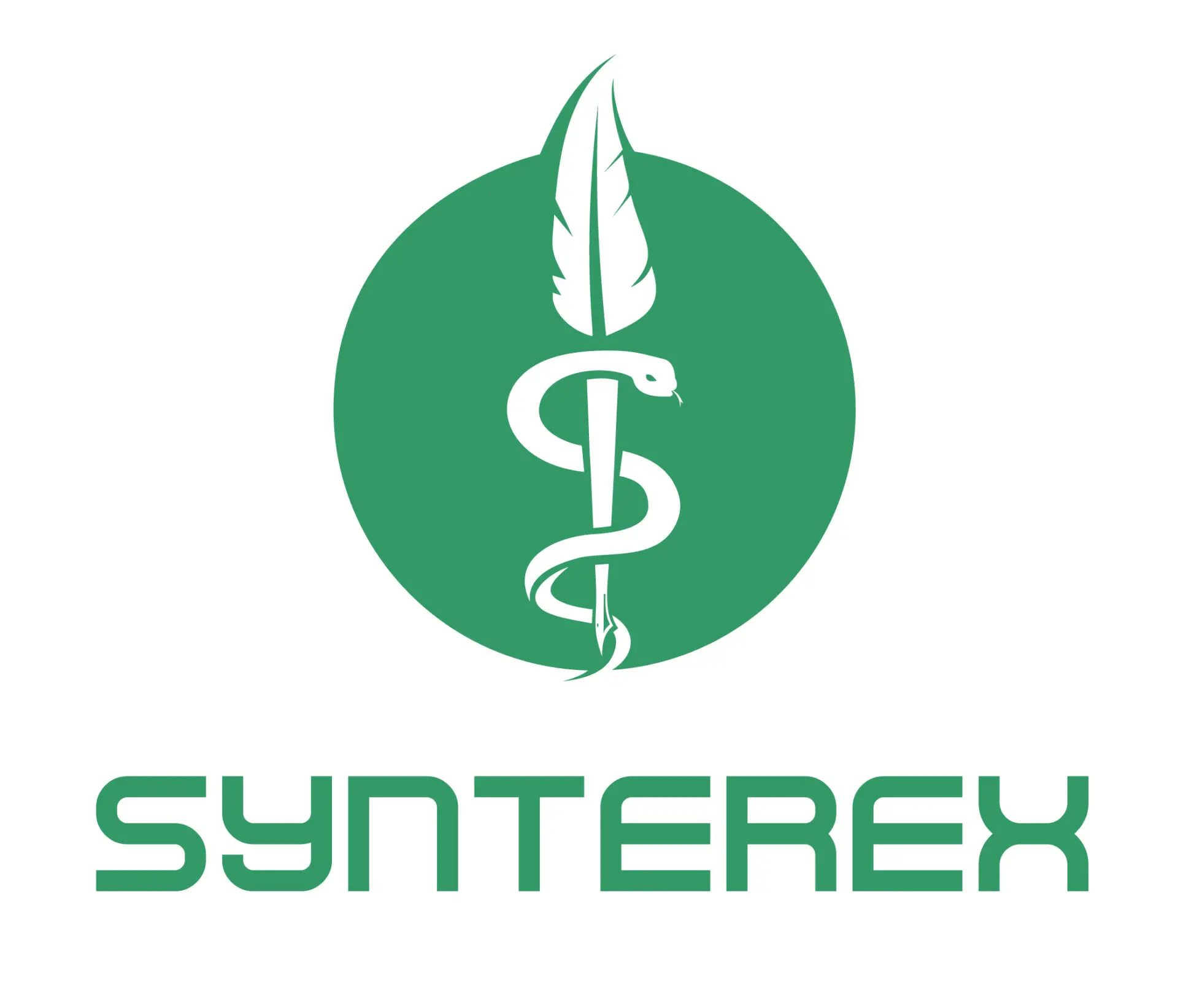Alex Olinger
By: Trinity Cunningham-Arce My idea of life at eighteen was very different than it is from life now at twenty-three. I think we’ve all been there: wanting to grow up, needing to be our own person, and dying for some independence. When I applied for college, I was ready to run away to Miami…
Read MorePronoun conversations are popping up all over; and, luckily, they’re spreading to the workplace, too. As pronouns are deeply personal, it’s important that this part of a person’s identity is both respected and accepted at work. To start any new work (or personal) relationship off on the right foot, introduce yourself with your name and…
Read MoreToday’s Employee Spotlight is on Shoshana Hereld, our amazing accounting assistant. Read our Q&A with her below. Where are you from? I’m from Connecticut, but I live in Oaxaca, Mexico. How long have you worked at Synterex? Since February 2023. What is your favorite thing about the company? My coworkers. They’re an amazing group of…
Read MoreToday’s Employee Spotlight is on Kelsea Medeiros, one of our talented medical writing operations associates. Read our Q&A with her below. Where are you from? I grew up in New Hampshire, and I am now living in the Greater Boston area. How long have you worked at Synterex? I have been with Synterex since May…
Read MorePrepare for a successful Quality Control review! Download this poster, presented by Synterex at the 2023 American Medical Writers Association (AMWA) conference, or scroll down for a text-only version. Download this poster as a letter-size printable PDF Quality control (QC) specialists typically have an established process for reviewing documents, but the path will be…
Read MoreToday’s Employee Spotlight is on Juliette Wilson, one of our amazing quality control associates. Read our Q&A with her below. Where are you from? I was born in Illinois, lived for 30 years in Fort Collins, CO (“home”), then in St. Paul, and now Faribault, MN (“home 2”) since 2013. I love mountains and northern…
Read MoreThe International Council for Harmonisation of Technical Requirements for Pharmaceuticals for Human Use (ICH) recently released a third revision of its E6 Guideline, also known as ICH E6 (R3). This revision introduces new concepts and updates in the realm of clinical trial methodologies, with an emphasis on quality, flexibility, and modernization. Let’s explore the key updates and discuss how they might affect medical writers.
Read MoreBy Katelyn Rivas Last year I had the pleasure of participating in the Synterex Regulatory Writing and Medical Communications Fellowship. I worked with and learned from Synterex staff members across all areas of the business, including medical writing, project management, quality control (QC), publishing, and business operations. Now that I have completed my fellowship and…
Read MoreToday’s Employee Spotlight is on Bob Dann, one of our talented medical writers. Read our Q&A with him below. Where are you from? I’m currently from Phoenix, AZ, but really have been a New Englander most of my life – Boston and New Hampshire. How long have you worked at Synterex? I started on October…
Read MoreToday’s Employee Spotlight is on Alisa Lackey, our hardworking Virtual Assistant. Read our Q&A with her below. Where are you from? Leominster, Massachusetts. How long have you worked at Synterex? 7 months. What is your favorite thing about the company? My favorite thing about Synterex is the opportunities I am given to learn and achieve…
Read More







